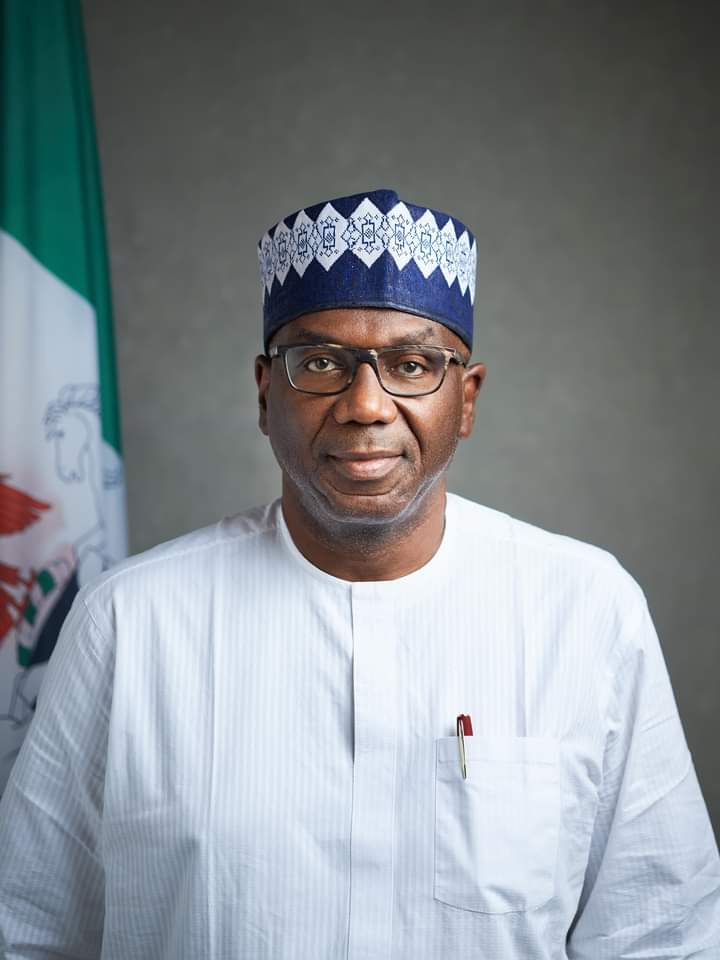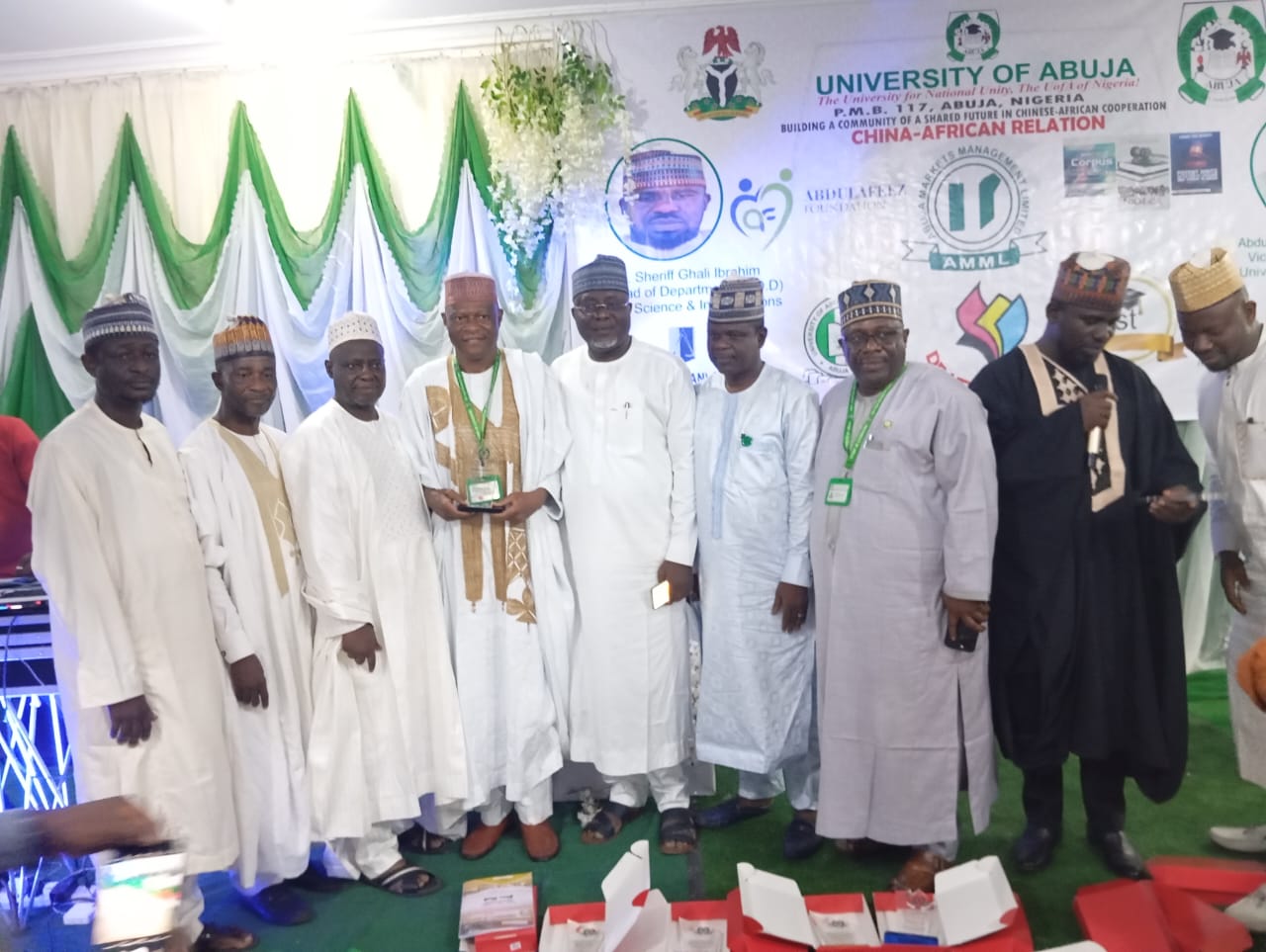As if Nigerians were not crushed enough by the unabated multi-dimensional poverty, some layers of hardships are regularly added to the existing ones. This is perhaps to make sure that the most resilient among us also get crushed and completely crushed. But those who are pleased with God as their Provider will always console themselves that God is watching. It is as if the cacophonous cries of hardship by the masses is like a soothing music to the hearing of our political rulers whom we elected to lead but choose to rule.
How on earth would subsidy on overriding important natural resources like oil in a country like Nigeria be removed without cushioning the effects before its removal? Oil determines prices of virtually everything in Nigeria. This is understood by every stupid Nigerian let alone the informed. It is hard to convince any thinking Nigerian—whose thought is not beclouded by partisanship—that our rulers are by any means or in anyway considerate and selfless.
Yet, in this atmosphere of rulers’ wickedness against their subjects where rulers compete among themselves in the act of wickedness, we find a governor with a thinking cap. I don’t know if he had always put on a thinking cap; I guess he does. All I know is that he acted sensibly, reasonably, responsibly, and affably towards the civil servants in the State he was elected to govern vis-a-vis the removal of subsidy and the consequential hardships it brought upon the masses.
That is Governor AbdulRahman AbdulRazaq of Kwara State. Probably because I don’t reside in Kwara State (though I am from Kwara), I don’t pay much attention to his performance since he came to power in 2019. But I do know that His Excellency, along with his party (APC) through the Ó Tó Gẹ́ (enough is enough) Revolution, brought to an end the Saraki political dynasty which, for decades, folded Kwara and the Kwarans under their reeking political armpits in the State. This is a success in itself. I expect the Governor not to mar the success of that revolution in Kwara State by bad governance. I expect him to govern responsibly and patriotically.
As Nigerians groan and continue to groan under this new oil subsidy removal regime; and as the Federal Government sets up committee(s) to advise her on what she can do to cushion the grinding effects, Governor AbdulRazaq of Kwara State drew the attention of Nigerians to his shrewdness which emanates possibly from his kindheartedness. He acted before anyone and came to the rescue of the civil servants in the Kwara State. I know many not-willing-to-do-anything governors will say after all they aren’t the ones that removed oil subsidy.
Therefore, the onus of providing palliatives to cushion the effects should be solely and firmly on the Federal Government. Governor AbdulRazaq acted differently and responded considerably.
What did he do? He reduced working days from the traditional five days to three days so that civil servants can manage to smile even while still in pain. This is a great relief and the Governor deserves our thanks. Wouldn’t this affect activities of government, productivity, or efficiency in rendering services? I doubt; research reveals otherwise. Contrarily, it can practically boost the morale of workers. It will afford them the opportunity to even work from home and thus cater for other things. This said, government must ensure this privilege is not abused lest we find civil servants who may not go to work at all.
This is not the first time days of workweek will be reduced in Nigeria by a state governor. The former Governor El-Rufa’i did it in Kaduna State when he made Friday a free workday. Though it elicited mixed reactions as he was accused of Islamization in some quarters because Friday is a special day to Muslims. The dogged Governor did not back down. He implemented it and it is still being implemented as I write this article. Reducing days of workweek has some advantages.
In my article titled Governor El-Rufai’s 4-Day Workweek and Matters Arising, I wrote: “What is more, it comes with many advantages such as improved work/life, more time to spend with family members (especially wives and children), less need for sick leaves, less money to spend on child care for nursing parents, and working schedule flexibility. In Nigeria where earnings from a job are hardly enough to make ends meet, it will afford workers the opportunity to engage in other profitable activities like trading and farming. Though the current trend in Nigeria is that education is a scam, this arrangement gives ample time to few Nigerians who might want to further their studies to do so.”
Though the three day workday by Governor AbdulRazaq is plausible and well appreciated, my concern is how this palliative will not affect schools and hospitals in Kwara State. Teachers and health workers provide essential services even as they are disproportionately and ridiculously rewarded. Teachers’ pay is particularly nothing to write home about. If teachers and health workers should be allowed to also work three days in a week, patients and students are in trouble. Many students perform woefully even as they go to school five days in a week. What will happen to their performances if number of school days were reduced to three? But promisingly, the governor who seems not to be bereft of nice ideas recently addressed that concern.
Teachers and health workers are to maintain their normal five working days schedule while they await their palliatives by other means (in other ways). That is to say, teachers and their students will go to schools from Monday to Friday as usual. I don’t have an idea of what the palliatives shall be, but it is important that the government makes sure it is good enough to incentivize those affected who are presently on tenterhooks. It should not be a promise made only purposely to be breached.
The Governor should take note.
Yet, there is still another concern. This oil subsidy removal has far-reaching effect. If teachers were given palliatives, what about students? Can they afford to pay that excruciating amount called transport fare to their various schools? Ours is a country where normal things are abnormal and abnormal things are normal. Subsidy is normal but in Nigeria it is something else. With subsidy or without subsidy, Nigeria is a classic case of a country in economic doldrums. Subsidy removal only adds fuel to the raging inferno and the frightening suffering. The governor should provide shuttle buses at heavily subsidized rate to convey students—to and fro—especially during resumption and closing hours in strategic routes. This is possible with good planning.
Governor AbdulRazaq is the trailblazer. His counterpart in Edo State made similar concession. Civil servants in Edo State are also to work for three days in a week to alleviate the hardship. Kudos also to Governor Godwin Obaseki. But Governor Obaseki goes beyond approving three workdays for civil servants, he increased the minimum wage from N30, 000 to N40, 000. While it is still a peanut, he is ahead of other governors. I hope Governor AbdulRazaq would follow suit. Some governors might not do that because reducing workdays is nothing in their states. You know why? Workers hardly go to work, so there is no point. In those states, all you need to get government job (which is mostly not on merit) is to know a politician or someone close to a politician. Then, get paid at the end of the month without doing anything. These are states that do not bother to pay minimum wage. Salaries of workers are slashed at will and no one dares complain. May God save us from these wicked rulers. May He have mercy on us and on the few elected ones that show us mercy.
Abdulkadir Salaudeen
salahuddeenabdulkadir@gmail.com.



